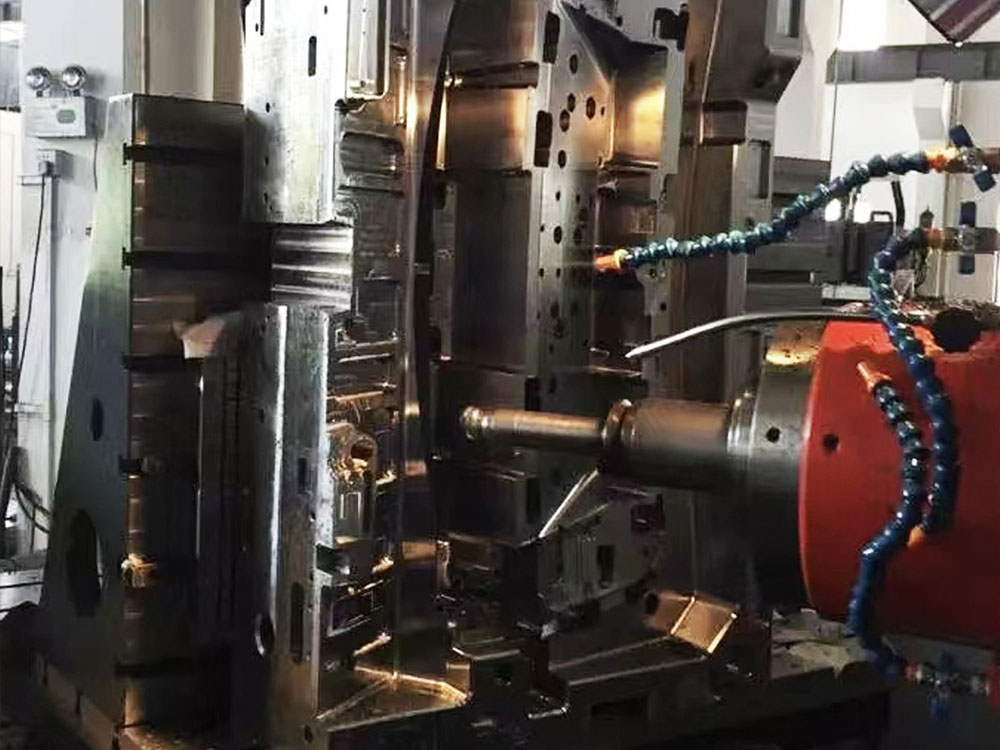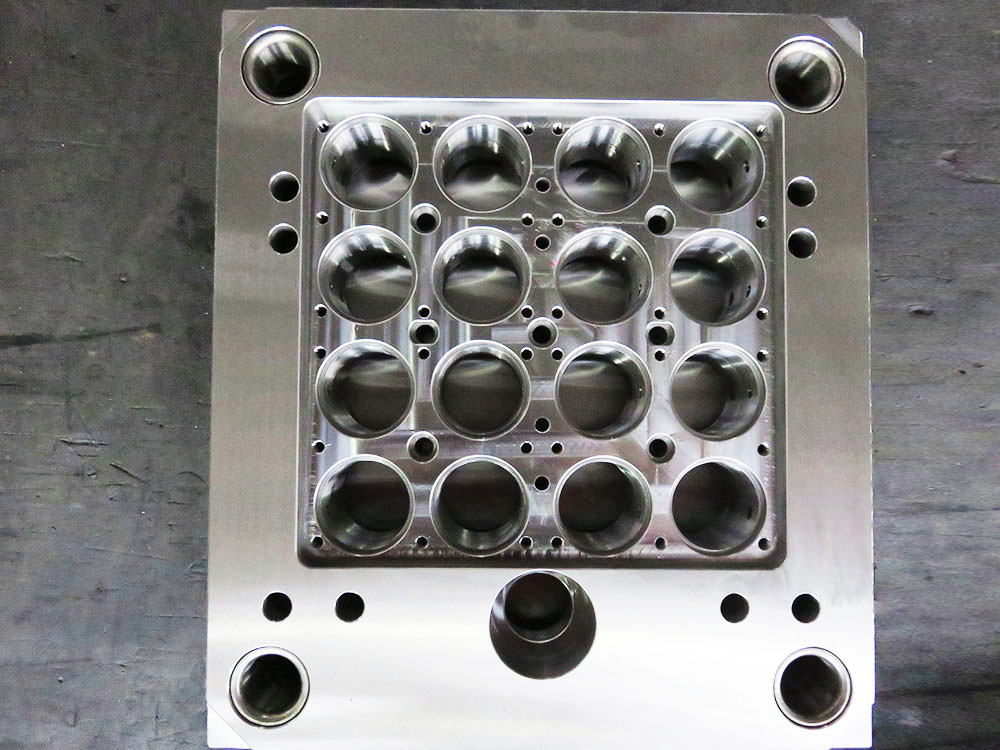Modular Framework Specifications in the Mold Base Industry
The mold base industry operates on the principles of efficiency, precision, and adaptability. In order to meet these requirements, manufacturers have turned to modular framework specifications. Modular framework specifications refer to pre-engineered and standardized components that can be easily combined and interchanged to create customized mold bases for various applications. This approach offers numerous benefits to both manufacturers and end-users, making it an indispensable practice in the mold base industry.
Standardization and Interchangeability
Modular framework specifications focus on providing standardized components that can be easily interchanged, allowing for greater flexibility and efficiency in mold base production. These specifications establish guidelines for dimensions, tolerances, and materials, ensuring that different components from various manufacturers can seamlessly integrate together. The ability to interchange components reduces lead times, as manufacturers can swiftly assemble mold bases to meet specific customer requirements without compromising on quality or performance.
Improved Efficiency and Cost-effectiveness
By utilizing modular framework specifications, manufacturers can significantly improve their production processes. The standardized nature of the components allows for efficient planning and scheduling, reducing the time required for design and engineering. Additionally, the pre-engineered components streamline the manufacturing process, minimizing the need for manual rework or customization. This improved efficiency translates into cost savings, as less time and resources are required to produce high-quality mold bases.
Enhanced Quality and Performance
Modular framework specifications also contribute to the overall quality and performance of mold bases. The standards set by these specifications ensure that components are manufactured to precise tolerances, promoting accuracy in the assembly process. The consistent quality of these components reduces the risk of errors or defects, resulting in mold bases that offer superior performance and durability. Moreover, the interchangeability of components facilitates easy maintenance and repair, further enhancing the longevity and reliability of mold bases.
Adaptability and Customization
One of the key advantages of modular framework specifications is the ability to quickly adapt to changing requirements or customer preferences. Manufacturers can easily modify or upgrade mold bases, simply by replacing specific components rather than redesigning the entire base. This adaptability allows for faster response times in a constantly evolving market, enabling manufacturers to meet varying demands and stay ahead of the competition. Furthermore, customers can also benefit from this flexibility by requesting customizations without the need for extensive reengineering, reducing costs and lead times.
The Future of Mold Base Industry
Modular framework specifications have revolutionized the traditional mold base industry, providing a framework that combines standardization, efficiency, and flexibility. As the demand for customized molds continues to rise, the importance of modular framework specifications will further intensify. Manufacturers and industry professionals must stay updated with the latest specifications and advancements in order to fully capitalize on the benefits offered by this approach. By embracing modular framework specifications, the mold base industry can continue to evolve, providing innovative solutions that cater to the dynamic needs of customers in various sectors.




